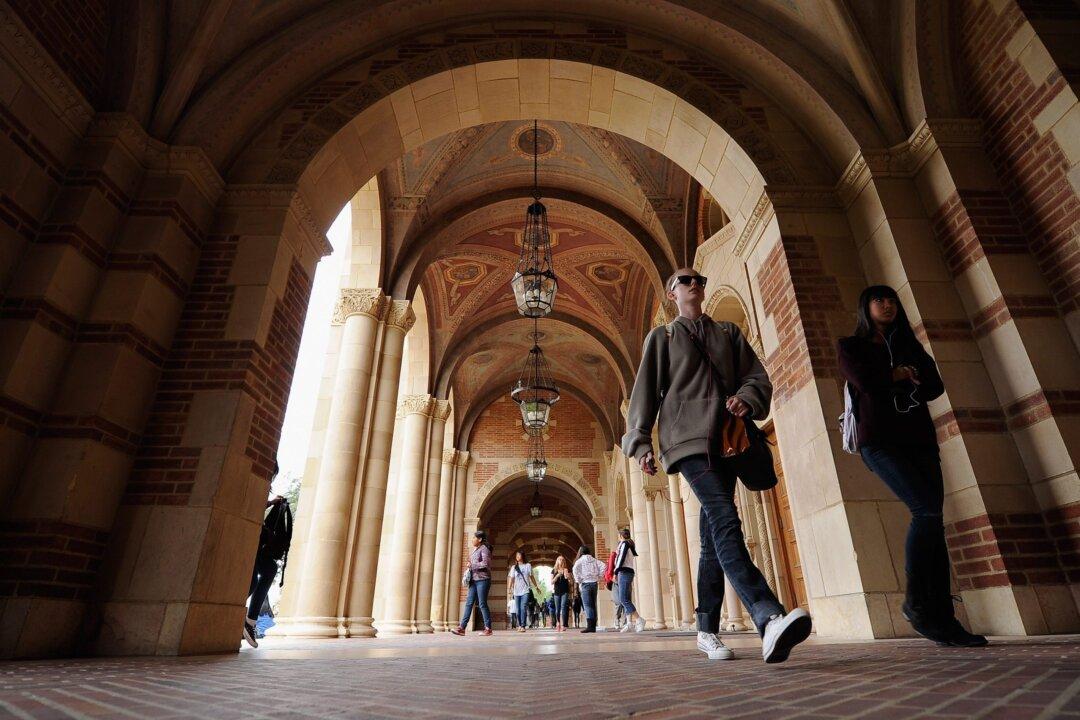In the climate of rising diplomatic tension between China and Western countries, an alarming number of U.S. and Canadian citizens in China have encountered trouble with the communist authorities there—with some being detained and others deported.
Gary Leonard, executive director of liability and property programs for the University of California–Davis, sent via email a travel advisory containing seven points for Americans and citizens to keep in mind if they were confronted by the authorities in China. The advisory was circulated among students throughout the UC network of universities.





